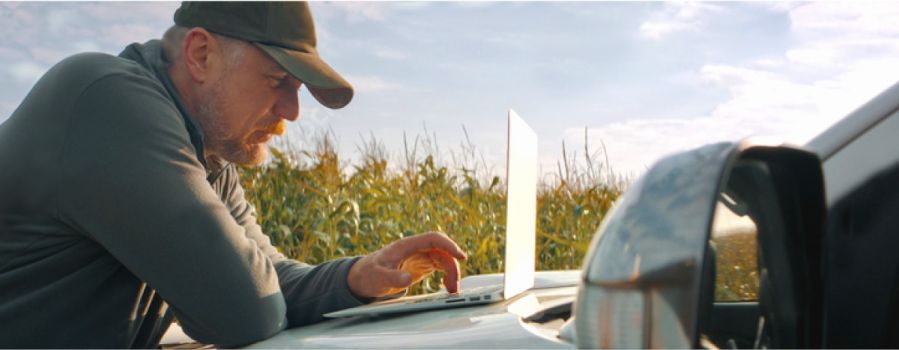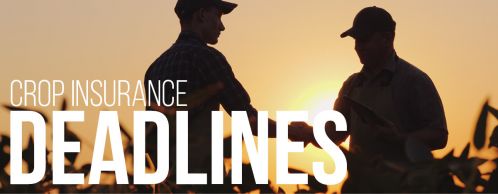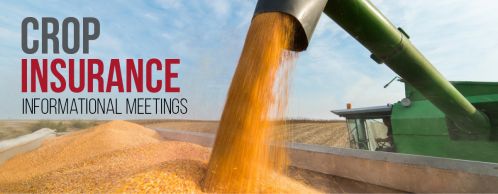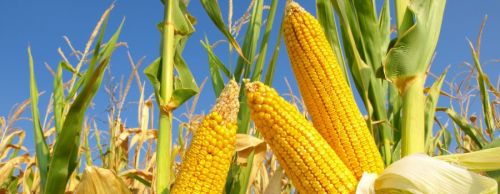
Why Farm Tax Planning is Likely a Good Idea in 2025
Article By: Jeff Poeschel, Sundstrom & Company
As in years past, 2025 has been an interesting year for many farmers. Commodity prices in general have been down, but some prices like beef are elevated over historical averages. Farmers should work closely with their tax accountant as 2025 winds down to be sure the farm income and expenses are managed in a way to plan and minimize taxes this year and put the farm in the best position for future years.
The most basic way to complete tax planning is to summarize the farm's 2025 income and expenses through the date the tax planning is done. Next, project what you believe the farm's income and expenses will be for the remainder of 2025. The total of these two amounts will be what your total projected income and expenses will be for 2025.
Tax planning really begins after you figure out what your projected 2025 taxable income will be. Some traditional ways to help manage your 2025 tax liability by reducing income would be:
- Prepay expenses.
- Make capital expenditures.
- Defer income using a deferred payment contract.
- Defer crop insurance proceeds.
- Contribute to a retirement account such as an Individual Retirement Account (IRA).
- Contribute to a Health Savings Account (HSA).
Tax planning can be as important in down years as it is profitable years. A year with less income gives the opportunity to complete reverse tax planning. This is when we use the opposite strategies to increase income or reduce expenses to avoid a large farm loss. This is helpful as large losses generally are not a great tax strategy. This reverse planning in non-profitable years will avoid large losses while positioning the farm in a better spot to handle the next profitable year.
Working on your tax planning strategy as the year concludes can often save a lot of unnecessary tax in the current year or future years. Most of the above tax planning strategies need to be implemented before year-end, which makes advanced planning critical. The main goal should be to complete the planning process in plenty of time before the year concludes to implement whatever strategies you decide on.
A few hours of tax planning before 2025 concludes can keep your tax bill reasonable for tax year 2025 and beyond.
Jeff Poeschel, CPA, owns Sundstrom & Company, Inc. He has more than 15 years of experience preparing individual and business entity tax returns, specializing in farms and small businesses. Jeff and his team serve clients across all spectrums of the agricultural community including producers of grain, dairy, and cattle as well as a variety of businesses that provide services to the farming community. The Sundstrom & Company team focus is helping clients navigate and comply with current tax laws while keeping an eye on long-term tax and succession planning.



